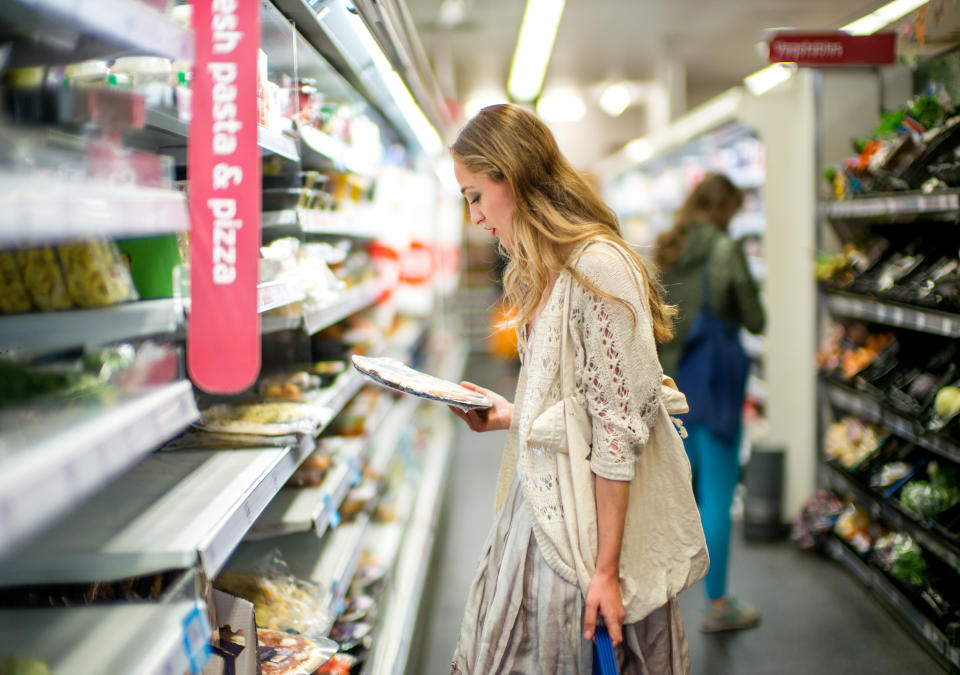Supermarket sales fall for first time since June 2016 Brexit vote

Supermarket sales in the UK fell by 0.5% in the three months to 14 July, in the first overall decline in the supermarket sector since the June 2016 Brexit vote.
Every supermarket chain except online retailer Ocado (OCDO.L) experienced a slowdown in growth.
Compared with the same period last year, during which an unprecedented heatwave saw record sales, “the tough period was not unexpected,” said Fraser McKevitt, head of retail and consumer insight at Kantar.
Customers spent £75m less on alcohol compared to last year, while soft drink sales plummeted by £56m. Ice cream sales fell by £55m.
“The main factor behind the sales drop-off is shoppers heading out to stores less often,” said McKevitt.
“Last year people shopped more frequently and closer to home as they topped up the cupboards while enjoying the sunshine and the men’s football World Cup.”
Sales at the big four supermarket chains — Tesco, Asda, Sainsbury’s, and Morrisons — collectively declined by 2.1%.
They still account for more than two-thirds of supermarket sales, however.
Customers overall spent around £68m extra on confectionary, with chocolate sales jumping by 15%.
Sales at Ocado, which Kantar said was “the standout retailer”, climbed by almost 12% in the period. The online supermarket’s shopper base grew by 6%, with its business model shielding it from the factors that affected other chains.
While customers at bricks and mortar retailers cut unplanned and smaller shopping trips, Ocado’s customers shopped online more frequently than they did last year.
There was also some positive news for the German players in the supermarket sector.
Sales at Lidl were up 7%, making it the fastest-growing bricks and mortar retailer. Sales of alcohol at Lidl jumped by almost 20%, with the retailer offering 25% off when buying six bottles of wine.
Aldi, which now accounts for 8.1% of sales in the sector, saw its market share climb to its highest-ever level. Customer spend was up 6.7%, with the chain’s branded lines experiencing 17% growth, despite accounting for less than a tenth of overall sales.
Though Co-op experienced only modest growth of 0.2% in the period, Kantar said it was “particularly impressive” in light of last year’s record 6.4% bump.
Tesco (TSCO.L), with 27.2% marketshare, saw sales of its own-brand value labels increase by 11%, while Asda, which has cornered almost 15% of the market, saw double-digit online sales growth.
Sales at Sainsbury’s (SBRY.L) and Morrisons (MRW.L) dropped by more than 2%, with McKevitt noting that Morrisons “continues to sell more on promotion than any other retailer.”
“Currently 47% of spend through the tills is linked to a deal, and this proportion is still increasing in contrast to many of its rivals,” he said.

 Yahoo Finance
Yahoo Finance 
